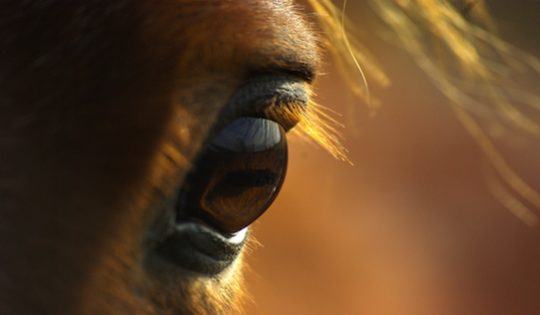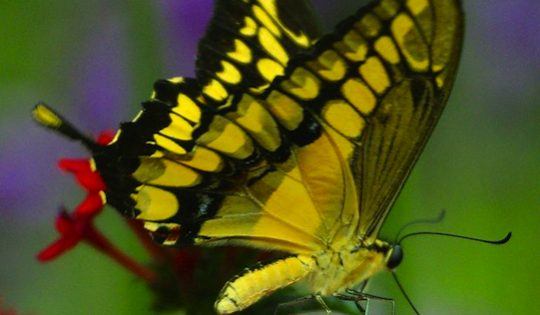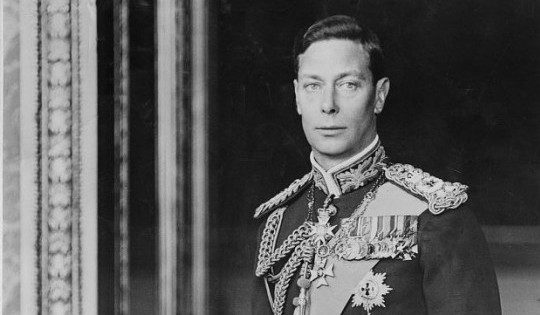I watched Horsepower on ITV with Martin Clunes and it was great to see a glimpse of how equine assisted psychotherapy and learning works. For a while now I’ve been banging on about this stuff to anyone who will listen, including participants on my leadership courses. It’s great to see some mainstream coverage.
I first came across this way of working with horses at a fabulous farm in Gloucestershire where Mike Delaney and Sam Quinlan use horses in therapy. They get fantastic results with addicts who find a way of communicating and a connection that is completely new. Their organisation is called LEAP
I went along to find out how they were adapting this work with Jim Lacey to look at leadership, team building, and communication in the corporate world. I was so impressed with the startling results that I wanted to find out more. I felt it was a story that needed to be told and so together with cameraman Ian Howes, we offered to make a film for them.
This is the letter I wrote to them after my experience on their leadership course:
Cards on the table here – I am a champion for your cause and would like to support you in any way I can. This is partly to do with my personal response (values, beliefs, feelings), but also due to the very practical learning outcomes I experienced and witnessed.
I described the day to a friend as like walking into a strange, delightful house that had been decorated completely to my taste. The grace of the approach and environment suited me. Actually, I was in my comfort zone. I am aware that this does mean I am predisposed to be positive about what I experienced.
I felt the horses introduced a spiritual element that I think many people neglect in life. This might be called trust, faith, love, but seems to represent some sort of intrinsic good or innocence that I believe we need.
Raising Awareness
At the heart of all the work I do with leadership is raising awareness first of your own patterns and behaviour and then of the different needs and requirements of other people – the concept of, “Treat others as they need to be treated”.
An analogy I use is how you might look after people if you were a host at a dinner party. How would you make your guests feel comfortable? This is to get people to take the focus off themselves (and all their baggage) and put their focus on the requirements of individuals they are dealing with. Then, hopefully they start to understand why it might be a good idea to change their behaviour according to the needs of their team/ staff/ colleagues. Ideally, they start to realise that we all operate within our own universes and they can then move away from the idea that other people “should” behave in particular ways. This seems to be the big hurdle for people to overcome. The choices, tools, and techniques may follow. But if a delegate is still thinking “Why should I change? It’s the other person who is difficult!” It is much harder for them to be open to the behavioural choices on offer.
Humans are, of course, both prey and predators. This means we are often both scared and scary at the same time (often one as a result of the other). When we feel threatened we may well become aggressive. What interests me about the horses is that they are large, fast, and powerful and therefore we may perceive them as scary but they are not “out to get us”. They are solely prey and therefore have every reason to be wary of us. That means they will run but they are not hard wired to attack.
Cooperation
Horses need to be OK about liaising with us if they are to cooperate willingly. We, as humans, have to look after their sensitivities. We have to get over our fear based protective shields and focus on the horses. There’s no point thinking “they shouldn’t behave like that….” because they are just being horses reacting to what they are given. We can choose to use their fear and dominate them through aggression or we can address their needs in order to get them to behave as we would like. The horses clearly feed this back to us. The evidence is there for everyone to see.
Why not choose to dominate through fear?
We are prey too. We need to feel reassured and safe. We thrive on teamwork and the creativity and mutual support of a group. Leading through fear can stifle loyalty, creativity, and initiative.
It seems to me that the magic ingredient is that we desperately want to trust and be trusted. We want the horses to trust/love us. We feel approved of and with the horses we get that immediate feedback too.
It appears that it is behaving authentically that brings this mutual trust about. This means we have to trust ourselves in order to be trusted.
Sustainable Behavioural Change
I feel the work with the horses can provide a deep and practical understanding of our own protective mechanisms. We can learn to trust ourselves and see the usefulness of our own behavioural flexibility in terms of working with a different living creature’s needs.
The behavioural choices, and the processes, tools, and techniques we offer as facilitators may make more sense for the delegates after this experience. Sustainable behavioural change may be the outcome.


